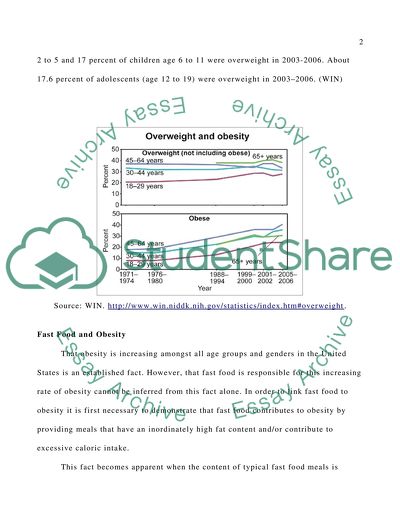Cite this document
(“Fast food: Are we taking it too far by blaming fast food restaurants Term Paper”, n.d.)
Fast food: Are we taking it too far by blaming fast food restaurants Term Paper. Retrieved from https://studentshare.org/health-sciences-medicine/1572478-fast-food-are-we-taking-it-too-far-by-blaming-fast-food-restaurants-for-obesity
Fast food: Are we taking it too far by blaming fast food restaurants Term Paper. Retrieved from https://studentshare.org/health-sciences-medicine/1572478-fast-food-are-we-taking-it-too-far-by-blaming-fast-food-restaurants-for-obesity
(Fast Food: Are We Taking It Too Far by Blaming Fast Food Restaurants Term Paper)
Fast Food: Are We Taking It Too Far by Blaming Fast Food Restaurants Term Paper. https://studentshare.org/health-sciences-medicine/1572478-fast-food-are-we-taking-it-too-far-by-blaming-fast-food-restaurants-for-obesity.
Fast Food: Are We Taking It Too Far by Blaming Fast Food Restaurants Term Paper. https://studentshare.org/health-sciences-medicine/1572478-fast-food-are-we-taking-it-too-far-by-blaming-fast-food-restaurants-for-obesity.
“Fast Food: Are We Taking It Too Far by Blaming Fast Food Restaurants Term Paper”, n.d. https://studentshare.org/health-sciences-medicine/1572478-fast-food-are-we-taking-it-too-far-by-blaming-fast-food-restaurants-for-obesity.


